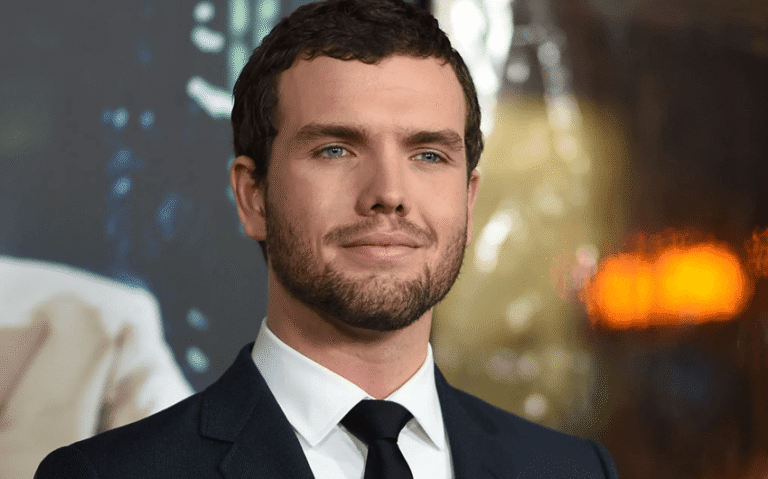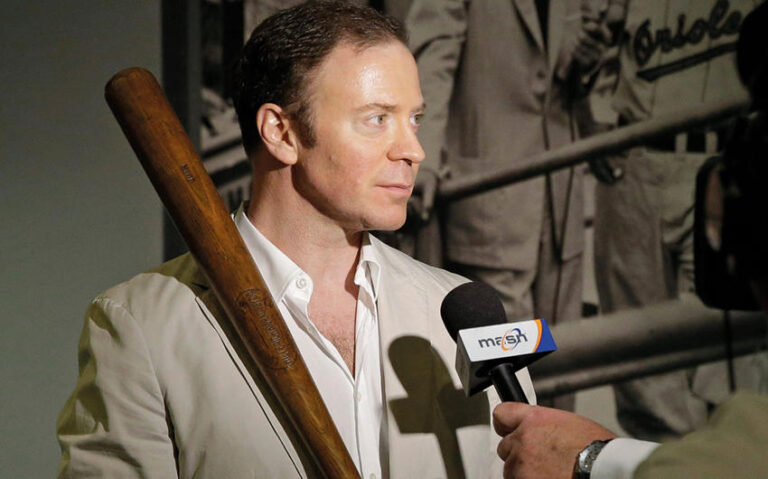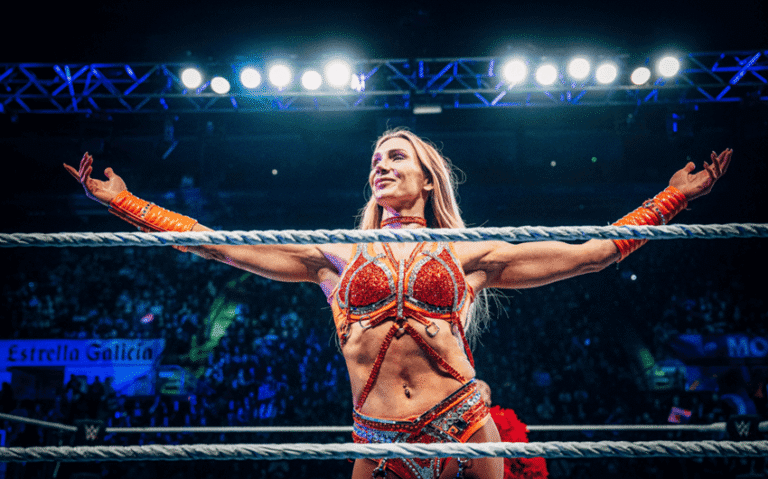Hamdi Ulukaya Net Worth: How the Chobani Founder Became a Multi-Billionaire
When people ask about Hamdi Ulukaya net worth, they’re really asking how a Kurdish farmer’s son from eastern Turkey ended up a multi-billionaire food mogul in the United States. As of 2025, various rich lists based on Forbes and Bloomberg data estimate his wealth at roughly 13.5 to 14.2 billion dollars, placing him among the world’s richest food entrepreneurs and the wealthiest individual from Türkiye.
That number has not always looked so large. Only a few years ago, estimates of his fortune hovered around two to three billion dollars. The sharp rise in Hamdi Ulukaya’s wealth is tied directly to the growing value of Chobani, the company he founded and still largely owns. To understand where his net worth comes from, it helps to start with who he is and how he built the brand.
From Kurdish Farm Boy to American Entrepreneur
Hamdi Ulukaya was born in 1972 in the rugged Erzincan region of eastern Turkey, into a Kurdish family who made a living raising sheep and goats and turning their milk into yogurt and cheese. Dairy was not a business idea to him back then; it was simply part of daily life. In the mid-1990s, he moved to the United States, initially to study English and then to take university classes in business and political science. Like many new immigrants, he worked a series of modest jobs and spent years feeling caught between where he came from and where he wanted to go.
His first serious entrepreneurial step in America came when he realized he missed the cheese he grew up with. He thought the feta sold in U.S. supermarkets was bland and low quality, so he started a small feta-making business in upstate New York. It was hardly a gold mine, but it taught him how to navigate suppliers, regulations, and customers in a new country. More importantly, it showed him that he could build something of his own.
The Birth and Rise of Chobani
The turning point in his life came in 2005. Ulukaya saw a flyer advertising an old Kraft yogurt plant in South Edmeston, New York, that had been closed and put up for sale. Most people saw an outdated, failing factory. Ulukaya saw an opportunity. He secured financing through a Small Business Administration–backed loan, bought the facility, and rehired a small group of workers who had lost their jobs when Kraft shut the plant down.
He named the new company Chobani, a word derived from the Turkish term for “shepherd.” The idea was simple but powerful: make thick, strained yogurt using better ingredients, more like the yogurt he knew from home, and sell it to mainstream American shoppers at a reasonable price. At that time, Greek-style yogurt was barely a category in U.S. supermarkets. By 2007, the first cups of Chobani appeared on shelves. Within a few years, consumer response was explosive. Chobani became the best-selling yogurt brand in the United States and played a major role in turning Greek yogurt into a national obsession.
From there, the company kept expanding its line-up and ambition. Chobani added different styles and flavors of Greek yogurt, kids’ products, and snack-style combinations. It moved into oat milk and non-dairy drinks, coffee creamers, and ready-to-drink coffee. It also acquired the specialty coffee brand La Colombe, signaling a strategy to become a broader modern food and beverage company rather than just a yogurt maker.
Annual revenue climbed into the billions. Public reports have placed Chobani’s sales in the neighborhood of 2.5 to 3 billion dollars a year, with a leading share of the U.S. yogurt market and growing presence in adjacent categories. That performance is the foundation of Ulukaya’s fortune.
Chobani’s Valuation and the Core of His Wealth
Hamdi Ulukaya’s net worth is overwhelmingly tied to his ownership stake in Chobani. Unlike many founders who slowly sell down their shares, he has retained a large majority of the company. Different business outlets have estimated that he owns somewhere between roughly two-thirds and three-quarters of Chobani’s equity, depending on the specific point in time and the impact of employee equity grants and outside investments.
For years, analysts valued Chobani in the low single-digit billions. On that basis, Bloomberg’s Billionaires Index calculated Ulukaya’s net worth around 2.5 billion dollars in 2024. Then, in 2025, reports surfaced that a large new investment round had valued Chobani at close to 20 billion dollars. With Ulukaya holding the majority stake, that revaluation pushed his estimated net worth into the mid-teens billions almost overnight.
Because Chobani is a privately held company, these figures are still estimates rather than stock-market facts. But they are based on real funding rounds and investor valuations, which is why rich lists and business publications feel comfortable placing his wealth in that 13.5 to 14.2 billion dollar range.
Other Ventures and Income Streams
Although Chobani is the heart of his fortune, Ulukaya has increasingly stepped into other roles and investments. One of the more visible examples is his acquisition of Anchor Brewing, the historic San Francisco brewery that was shut down in 2023 by its previous Japanese parent company. Ulukaya moved to buy the brand and its assets with the intention of reviving an iconic American business, much as he once revived an abandoned yogurt plant in New York.
He also earns income from roles that have nothing directly to do with selling yogurt or beer. Ulukaya has become a global voice on refugees, responsible capitalism, and inclusive hiring. He founded the Tent Partnership for Refugees in 2016 to mobilize businesses in hiring and supporting refugees around the world, and he serves as a United Nations Sustainable Development Goals Advocate as well as a distinguished fellow at Columbia University’s Institute of Global Politics. Those roles sometimes come with speaking fees or advisory compensation, but more importantly, they increase his reach and bring him into networks that can lead to new opportunities.
Compared with the soaring value of his Chobani stake, these side ventures and speaking roles are small contributors to Hamdi Ulukaya net worth. Still, they show his evolution from entrepreneur to public figure and influence the kinds of projects and investments he pursues.
Key Financial Milestones
Ulukaya’s financial trajectory has had a few noticeable inflection points. The first came when Chobani shifted from a risky start-up to the fastest-growing yogurt brand in the United States. Once revenue crossed into the billions and the company dominated the Greek yogurt category, his personal wealth effectively became tied to the fate of a leading national food brand.
A second milestone was the company’s decision to expand beyond yogurt into plant-based products, creamers, and coffee. Each successful new category made Chobani more resilient and attractive to investors as a diversified food company, not just a single-product success story.
The most dramatic step, however, was the 2025 investment round that reportedly valued Chobani at about 20 billion dollars. That one shift explains why older articles still list Ulukaya as a “mere” billionaire in the low single digits, while newer rankings place him comfortably above 10 billion and at the top of Türkiye’s rich list.
Philanthropy, the Giving Pledge, and Sharing the Upside
One of the most distinctive aspects of Hamdi Ulukaya’s story is how closely his business success is linked to a social mission. Early on, he created what is now the Chobani Foundation (originally the Shepherd’s Gift Foundation) and pledged that a portion of the company’s profits would support community projects and charitable work, including disaster relief near his factories.
In 2015, he joined the Giving Pledge, a commitment by billionaires to give away the majority of their fortunes during their lifetimes or in their wills. Ulukaya’s focus is particularly strong on refugee causes. Through the Tent Partnership for Refugees, he encourages companies to hire refugees, integrate them into their workforces, and give them a stable path forward.
Inside Chobani, he has pioneered employee-friendly policies that go well beyond the industry norm, including living wages, paid parental leave, generous benefits, and most notably, grants of equity to thousands of workers so that employees literally own a piece of the company they helped build. That equity program reduces his personal stake slightly but aligns with his view that wealth should be shared among the people who create it.
In other words, a large part of Hamdi Ulukaya net worth is already conceptually earmarked for others: his workers, the communities around his factories, and refugees around the world.
Lifestyle and Public Image
For a billionaire, Ulukaya keeps a relatively understated lifestyle. He spends much of his time in the United States, close to Chobani’s New York operations, and also maintains farmland and residential properties. Reports sometimes note the scale of his factories and philanthropic projects more than any yachts or private jets, reinforcing an image of a founder who is more comfortable in a plant or on a farm than on a red carpet.
He is far from austere—running and owning a giant food company certainly affords comfort—but his public persona revolves around being an immigrant, an employer, and a social advocate rather than a flashy tycoon. That, in turn, contributes to the strength of the Chobani brand, which sells not only products but also a story about fairness, opportunity, and responsible capitalism.
Will His Net Worth Keep Growing?
Barring major disruptions, there are strong reasons to think his wealth will continue to rise. Chobani is well positioned at the intersection of several long-term consumer trends: higher-protein dairy, lower sugar, better-for-you snacks, plant-based milk and creamers, and convenient coffee drinks. The brand enjoys strong loyalty in U.S. supermarkets and is steadily expanding into new categories and markets.
As long as Chobani grows and maintains its reputation, its value is likely to increase, and with it, the value of Ulukaya’s controlling stake. At the same time, his global profile as a refugee advocate and business leader opens doors to partnerships and acquisitions—like the Anchor Brewing deal—that keep his portfolio interesting and diverse.
Featured Image Source: en.wikipedia.org







